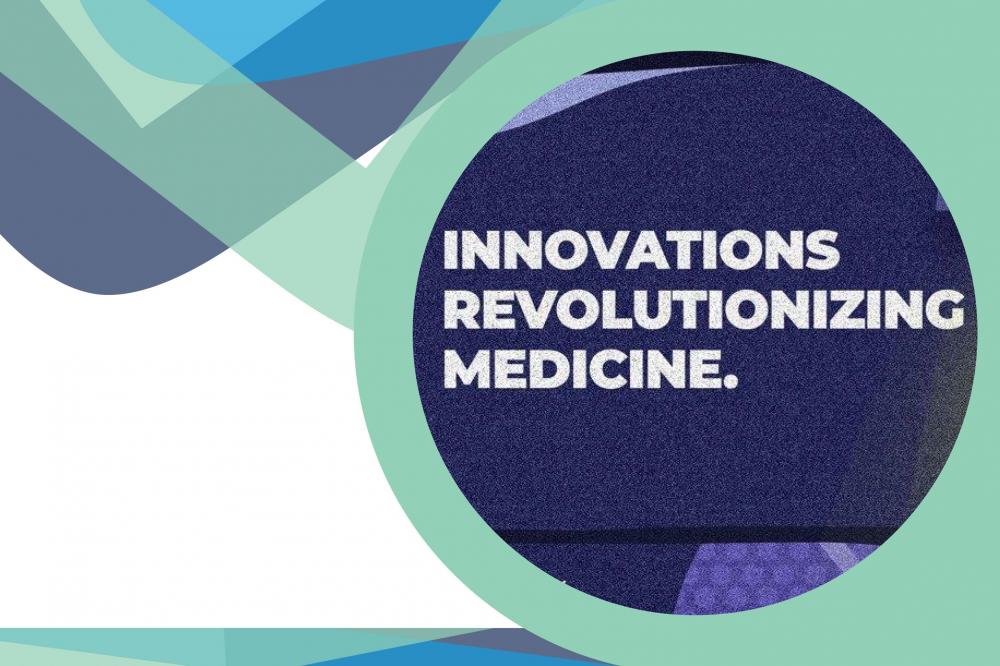Healthcare systems in almost all countries have faced challenges on a large scale and received an impetus for further development. The pharmaceutical industry has found itself at the forefront and feels impelled to look for innovative solutions to combat coronavirus infection (diagnosis, treatment, and now there is also the need for prevention and vaccination) 24 hours a day.
The world’s first coronavirus vaccine has already been registered in Russia. What’s next? Are any changes going to happen? What conclusions will be drawn by the global community?
These talking points were discussed by the participants of the discussion: “Revolutionary innovations in medical science. How to create a pandemic vaccine?”
• Maxim Stetsyuk, Executive Director of NANOLEK),
• Darya Egorova (senior research fellow, the N.F. Gamaleya Research Institute of Epidemiology and Microbiology),
• Polina Stepensky (Head of the Department of Bone Marrow Transplantation and Immunotherapy for Children and Adults at Hadassah Medical Center),
• Ilya Timofeev (Chief scientific adviser at Rusfarmtech).
The event was moderated by Vladimir Chulanov (Deputy Director for Research and Innovative Development at the National Research Center of Phthisiopulmonology and Infectious Diseases under the Ministry of Health of Russia).
The discussion turned out to be interesting, comprehensible, but, most importantly, action-oriented. Insights from experts who are at the center of things here and now, are looking for solutions, changing strategies, finding ways – the “new era” of humanity is going to become cognizant.
Maxim Stetsyuk: “We definitely need to bet on innovations, we need to talk about collaboration between businesses and science. A synthesis of the best minds, breakthrough solutions, production and businesses will be the basis for the continued development of a fully functional pharmaceutical industry that is ready for any challenge.
If we talk about practical steps, we should mention investments in a new generation as part of the national projects “Healthcare” and “Demography”. It’s now already time to discuss how we can expand the National calendar of preventive vaccinations to protect our children from vaccine-controlled diseases.
It is also crucial to use the lessons learned by other countries – we need to deal with immunoprophylaxis measures from the very basics: In particular, we should take note of the experiences gained by Israel. The children in Israel are educated about the importance of immunizations already at school and this is how they increase their awareness and, consequently, confidence and correct perception.”

